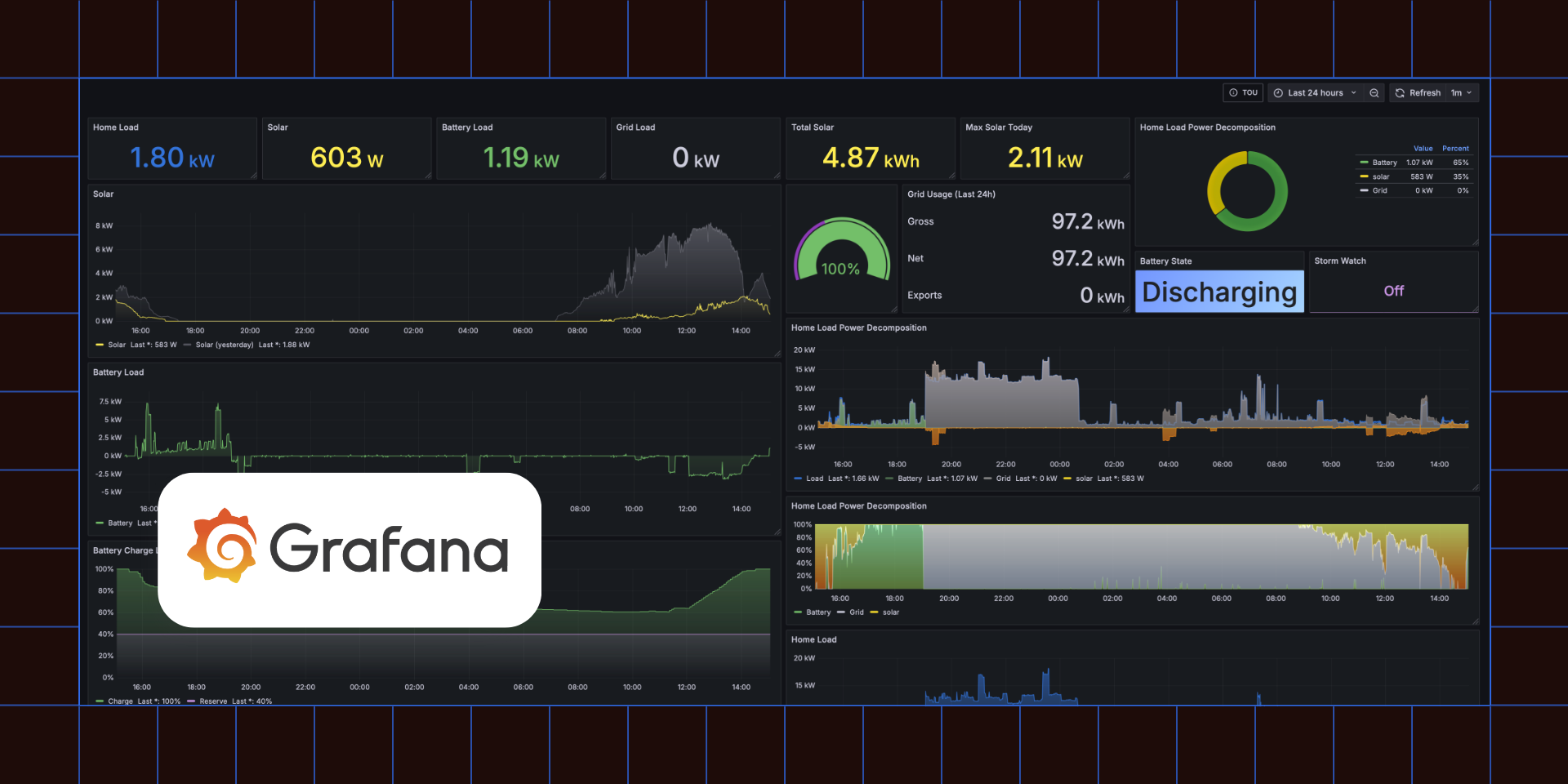
How Parachute Home builds a hugely successful brand with NetSuite data
- Dramatically reduced the time to write scripts from 2 months to 1 day
- Built self-service analytics culture
- Drive higher productivity with internal data engineering team by replacing custom-built connectors
- Perform accurate revenue and sales forecasting with advanced analytics
Based in the U.S., Parachute is a direct-to-consumer brand that sells home essentials, such as bedding, bath linens, decor, furniture and more. The modern homeware brand has found success by offering exceptional affordability, quality and innovation.
To better compete with bigger brands, Parachute needed to centralize data from two core systems, Shopify and NetSuite’s cloud ERP software, to improve customer retention and drive sales.
Challenge: Automating the integration of NetSuite and Shopify data
Shopify powers Parachute’s ecommerce platform and transactional process. NetSuite is the business’ ERP system that triggers the fulfillment process. The entire customer lifecycle, from order to shipment, is captured in NetSuite data and supplemented by Shopify metadata.
For example, every time a customer places an order from its website, the order would be triggered in Shopify. The order information from Shopify would get pushed over to NetSuite using Celigo, an iPaaS integration platform. NetSuite’s cloud ERP manages all core business functions and serves as a shared database for multiple teams across the company, from FP&A and product to merchandising and planning.
However, because these two systems were running in a siloed manner, the data pouring in from both sides became increasingly hard to manage.
Parachute was using custom-built data loaders to connect into Shopify and NetSuite, and results were hit-and-miss at best. There were data quality problems that doing a resync rarely solved. An absence of logs made it hard to know what was going wrong.
Above all, ingestion was time consuming, undermining the ambitions of a digitally native brand that wanted to stand up and test proof-of-concepts.
“We needed a consistent ingestion pipeline, where it was easy to set up a connector with a simple schema; where one person in our data team could scope out an order model and quickly get it up and running.”
— Anthony Khoundary, Data Analytics Engineer at Parachute
Solution: Best-of-breed e-commerce data stack
To simplify data integration and meet other ELT needs while automating backend processes, Parachute implemented Fivetran’s cloud-native, pre-built connectors to Shopify and NetSuite.s.
Data teams are able to generate business critical insights, ranging from orders per day to margins and profitability. Reports and forecasts were easily surfaced in Looker and shared with different business divisions.
“We encourage a self-service analytics culture. The biggest advantage is we can scope out NetSuite data and get an orders model running quickly,” said Khoundary.
Data can be sliced and diced in multiple ways. Finance uses it to match orders against forecasts; the product team tracks orders and what’s selling; customer service troubleshoots delays in the fulfillment lifecycle; merchandising teams use it to analyze the performance of newly launched products. All of it helps plan sale events like Memorial Day and Black Friday six months in advance, calculating how many SKUs will need to be in stock.
Fivetran connectors enable these advanced analytics and are regularly updated as NetSuite and Shopify change their APIs. Critical fields are constantly synced: orders per day, customer IDs, SKUs representing the line item, and sales channel fields, whether it’s online or in-store. When Parachute expanded into Canada, for example, a different currency had to be introduced in the ‘country’ field.
[CTA_MODULE]
Important fields, dimensions and metrics for e-commerce success
It’s important for any e-commerce business to track those types of metrics related to sales orders and revenue. Parachute relied on the following fields, dimensions and metrics to power its dashboards in Looker:
Most used fields from NetSuite
- Order Date, when an order was placed
- Customer ID, representing customer who purchased order
- SKU, what item was purchased
- Quantity of item bought
- Line of business, refers to sales channel where item was purchased
Most important dimension
- Subsidiary Country (differentiate order from Canada and US)
Key metrics
- Gross Revenue
- Discount amount on order
- Landed product costs (acquiring and fulfilling item for margin costs)
- Shipping revenue (regular vs expedited shipping)
- Tax
- Item fulfillment record
Outcome: Speed, agility and scale
In addition to the ease of tracking metrics, Parachute likes Fivetran for how it cuts through complexity and automatically loads simple schemas with none of the frustration of old-style ETL interfaces. Khoundary calculates that it does the equivalent work to a couple of data engineers while offloading maintenance and upkeep completely.
"We purchased Fivetran for its plug-and-play functionality. It has connectors for the big data sources that every e-commerce brand will touch in some way – Shopify, NetSuite, Google Analytics – and pre-loads data automatically. It used to take up to two month to write ETL scripts. Now, because the data is already there, we can start modeling on day one."
— Anthony Khoundary, Data Analytics Engineer at Parachute
Struggling with third-party APIs is a thing of the past. Removing technical obstacles, like trying to get NetSuite and Shopify ODBC and JDBC connectors to work, means data gets into the hands of the people who need it more quickly, empowering a digitally native company like Parachute to become much more dynamic.
Data analysts and engineers can easily analyze the data to forecast the following metrics:
- Monthly & weekly revenue
- Customer repeat rate
- Fulfillment timeline
- Margin on orders
- Net revenue
Fivetran’s automated data integration capabilities helped Parachute adapt to changing market conditions. This was evident when the pandemic struck, causing global supply chain disruption.
"It was really important to be able to track the cost of acquiring items in NetSuite and see how our margin was being affected as the cost of goods was rising. Being able to quantify and show it to the business was invaluable."
— Anthony Khoundary, Data Analytics Engineer at Parachute

Learn how automated data movement boosts productivity and accelerates insights for your business.
Download the report
How real Fivetran customers accelerate analytics and AI
Get the guide


















